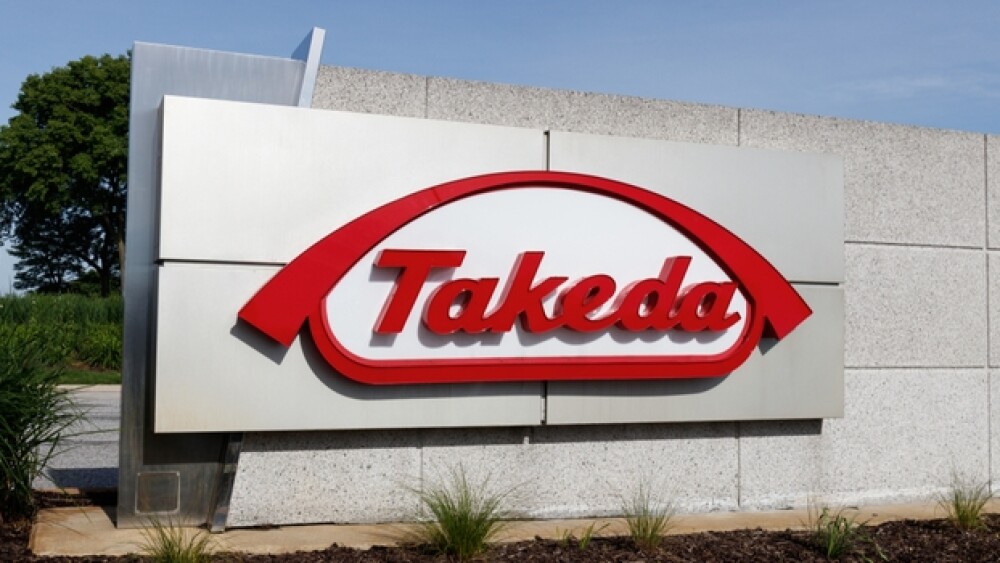Following the termination of a multi-year collaboration with Takeda, Finch has regained the rights to two assets, FIN-524 and FIN-525, assessed for forms of inflammatory bowel disease.
Jonathan Weiss/Shutterstock
Following the termination of a multi-year collaboration with Takeda Pharmaceutical, Finch Therapeutics has regained the rights to two assets, FIN-524 and FIN-525, assessed for forms of inflammatory bowel disease.
On Thursday, Finch announced that the licensing collaboration for FIN-524, previously known as TAK-524, and FIN-525 came to an end following the Japanese pharma giant’s review of its own pipeline.
The licensing deal, which Takeda had expanded in 2019, will officially end on Nov. 17. Both FIN-524 and FIN-525 are investigational, targeted microbiome product candidates composed of bacterial strains selected for their potential immuno-modulatory properties, according to the company. Both assets had been assessed in ulcerative colitis and Crohn’s disease, respectively.
Mark Smith, CEO of Finch Therapeutics, expressed his gratitude to Takeda for the “substantial investment” in the development of FIN-524 and FIN-525. Over the years of the collaboration, Finch has garnered more than $44 million from Takeda, including an upfront payment of $10 million, $4 million in milestone payments, and more than $30 million in reimbursement of research and development expenses.
When the licensing deal comes to its conclusion in two months, Finch will receive a royalty-free license to all data and intellectual property generated during the collaboration. That will include exclusive rights to what Finch called a “large library of characterized bacterial isolates,” as well as data from multiple ex vivo and in vivo studies and a significant amount of chemistry, manufacturing, and controls data that Takeda generated.
Whether or not Finch will seek additional partnerships to develop these assets or seek to do it on its own remains to be seen. Smith said the company is reviewing its own portfolio and “assessing the financial and strategic impact of the discontinuation of our collaboration with Takeda.”
Finch isn’t the only company to see the dissolution of a partnership agreement in recent months. In June, California-based ABVC BioPharma announced the termination of two contracts that were less than two months old at the time.
The company terminated a $3 million clinical services agreement between its subsidiary BioKey and Taiwan-based NeuCen BioMed. In that agreement, BioKey was tapped to guide two NeuCen drug products, CEN501 and NEU001, through the completion of Phase II clinical studies.
ABVC’s second contract to end was with Orion Biotech, a Taipei-based affiliate of NeuCen. Under that agreement, ABVC BioPharma was tapped to identify candidates interested in out-licensing Orion developmental products.





